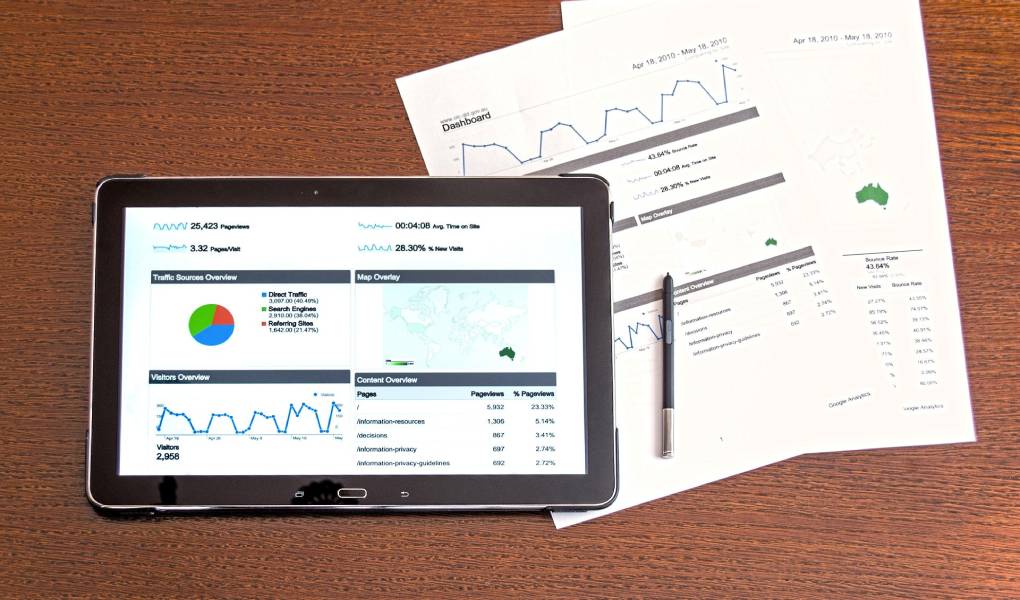Everyone has heard of digital transformation, and, more or less, we have already understood what it consists of. We also know that we have no choice but to “digitize ourselves.” Still, even so, there are differences between digitization and digital transformation, and not all companies need both to survive.
However, although the digital transformation has accelerated in general terms, not all companies have implemented it in the same way. We cannot compare a large company whose highest sales rate is outside the country or in other communities with a neighborhood store that, although it has an online store, its strength continues to be the physical point.
So What Does It Mean To Transform Digitally?
This process should not be understood as a “here and now.” On the contrary, the weak points to be reinforced through technology should be studied, meditated, and analyzed. That is, the execution of the changes must be the last step.
For example, if I want to take into account my best customers to give them a small gift for Christmas, better than counting the purchases of each one, it would be to implement a CRM that visually divides customers by cold, warm and hot, which brings together your data and also allows you to send mailings. This would be an example of the digitalization of a specific aspect of the business.
The difference between digitalization and transformation is mainly the degree of change it implies for the company. The digital transformation also affects the internal structure, and to a certain extent, it also affects the business model. A clear example would be Netflix, which began as a video store that sent movies home and has become the largest platform for creating and distributing online content. This change is much more meaningful than the first.
Generally, digital transformation is applied to the internal workflow to optimize processes and resources, and it is usually carried out by a specialized profile such as the digital mindset. If you don’t know what it is, don’t worry, we’ll explain it to you later.
Some of the main reforms that digital transformation brings to companies are the custom design of tools for specific functions, the extrapolation of a physical business to the digital plane, the implementation of digital employee records, data mining, and analysis processes, among other significant changes.
Also Read: Digitization – A Thoughtful Path To Growth
What Happens If I Don’t Transform Digitally? Nothing, Maybe You Need To Digitize Yourself.
To not be left behind, clearly, you must evolve, no matter what sector you belong to, but if you don’t want to die of success or make a mistake directly, Stop, don’t rush! Maybe you need to digitize yourself, and these are some points you should look at to identify your highest priority needs.
- Are you capable of storing and ordering large volumes of information? File cabinets and bookshelves do not count.
- Can you quickly contact your customers to offer personalized services?
- Do you have the possibility of exploring other markets or public niches without having to move physically?
- Are you up to date with new trends and in contact with other professionals from whom you can learn and exchange ideas?
It is straightforward if you have answered no to any of these questions. You need to put a digital touch in your business!
New Professional Profiles That Have Emerged Thanks To The Digital Transformation
Many professions will indeed disappear due to digitization, but it is also true that many more will appear. The important thing is to be prepared to meet the market’s needs.
Mindset Digital
If anything needs a transformation process, it is creativity. The primary function of the digital mindset is to reinvent businesses and teams to have a place in the future. To do this, you must know the existing technology applied to the management and leadership of teams, anticipate your sector’s consumption habits, and propose new business-oriented lines to the online environment. Another essential function that you will have to carry out will be to train and motivate your team so that everyone accepts the change positively.
Expert in Digital Product Manager
This professional will need a deep knowledge of the product or service that the company offers to extrapolate it to the digital world. Likewise, he will have to analyze consumer behavior and create online strategies. He will also need notions of design thinking and agile methodologies.
Traffic Manager
If something pursues a digital business, traffic means more visibility and more potential clients. The traffic manager will be in charge of triggering visits by mastering web positioning, social ads, sem, and analytics.
